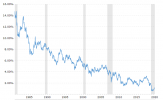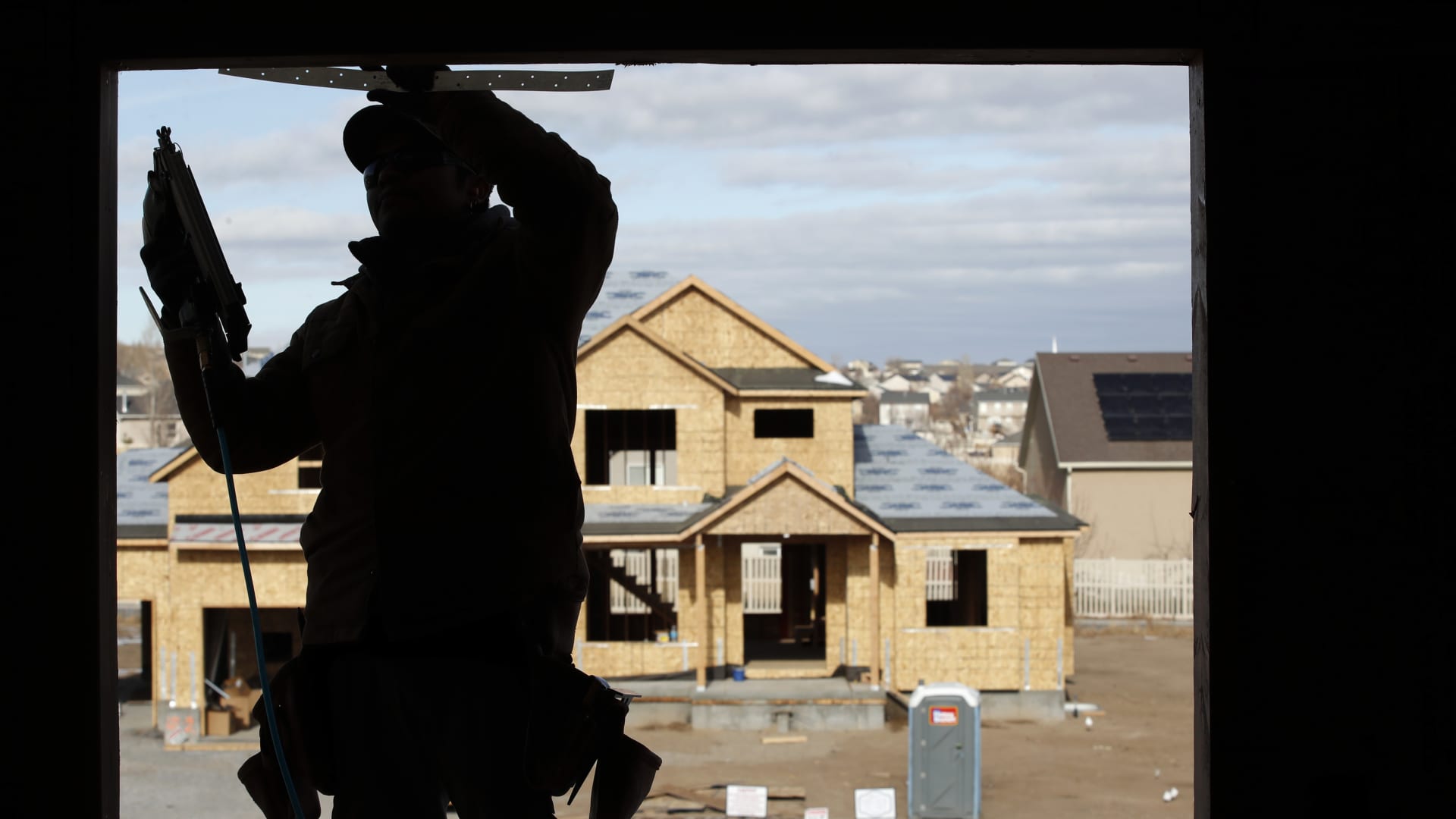I'd rather have my money in the broad market than any high flyer. Today's darling is tomorrow's dog.
| Fidelity® Blue Chip Growth Fund | 62.23% | 29.82% | 24.77% | 19.43% | 13.23% |
|---|
The last reported figure - 13.23% - is the total annualized return since the inception of the fund in 1987 ..... 33 years ago!
"It is just one more example of how the S&P 500 Index continues to be held up as the standard by which all investment performances are measured. Investment managers are paid a lot of money to generate returns for their portfolios that beat the S&P 500, yet, on average, less than half do so. This is the reason why an increasing number of investors are turning to index funds and (ETFs) that simply try to match the performance of this index."
Source for Trump reference..... https://www.investopedia.com/articl...16/put-10000-sp-500-etf-and-wait-20-years.asp
"If Trump had done so back in 1987 (33 years ago), he would have earned 1,339% on his money for an average annualized return of 9.7%. But hindsight is 20/20, and he could not have known that."
Jack,
As much as you may wish to retain the belief that an actively managed fund cannot outperform a broad-based index fund (like the S&P) .... over an extended period of time, it does happen. The 2 quotes I pulled off the net clearly substantiate that the Fidelity BCG Fund substantially out performed the S&P by 3.53% annually over 33 years, or - said differently a 36.4% advantage/yr. You are correct about one thing ... the BCG Funds are high flyers; albeit great performers for an incredibly long number of years. I posted the info on these funds in the hopes it might help younger persons/others with less experience in the market.
Here's the whole Trump piece; You might find it interesting.
"Soon after Donald Trump entered the race for the Republican nomination for president, the press zeroed in on his net worth, which he claimed to be $10 billion. Financial experts have pegged his net worth at a more modest $4 billion. One of the cornerstones of Trump's campaign had been his success as a business person and his ability to create such wealth. However, financial experts have pointed out that if Trump had liquidated his real estate holdings, estimated to be worth $500 million, back in 1987, and invested them in the S&P 500 Index, his net worth could be as much as $13 billion.It is just one more example of how the S&P 500 Index continues to be held up as the standard by which all investment performances are measured. Investment managers are paid a lot of money to generate returns for their portfolios that beat the S&P 500, yet, on average, less than half do so. This is the reason why an increasing number of investors are turning to index funds and (ETFs) that simply try to match the performance of this index.
"If Trump had done so back in 1987, he would have earned 1,339% on his money for an average annualized return of 9.7%. But hindsight is 20/20, and he could not have known that."
Last edited:



